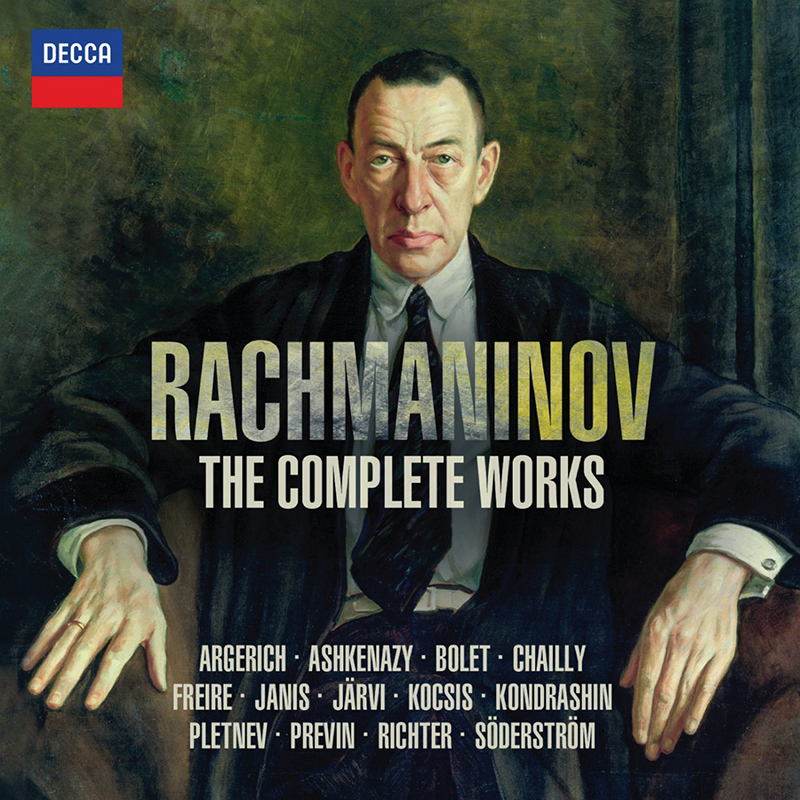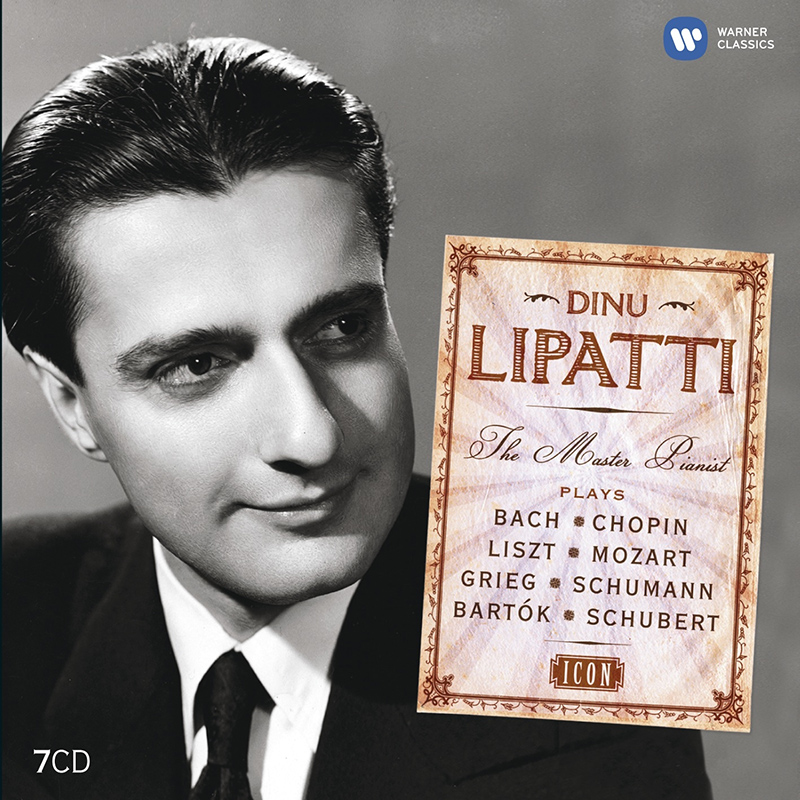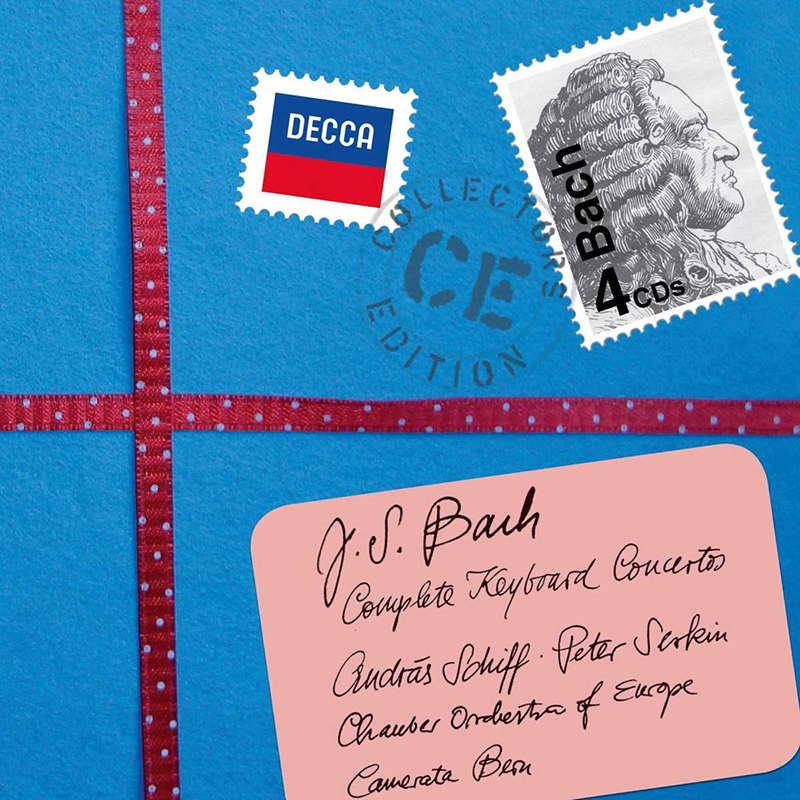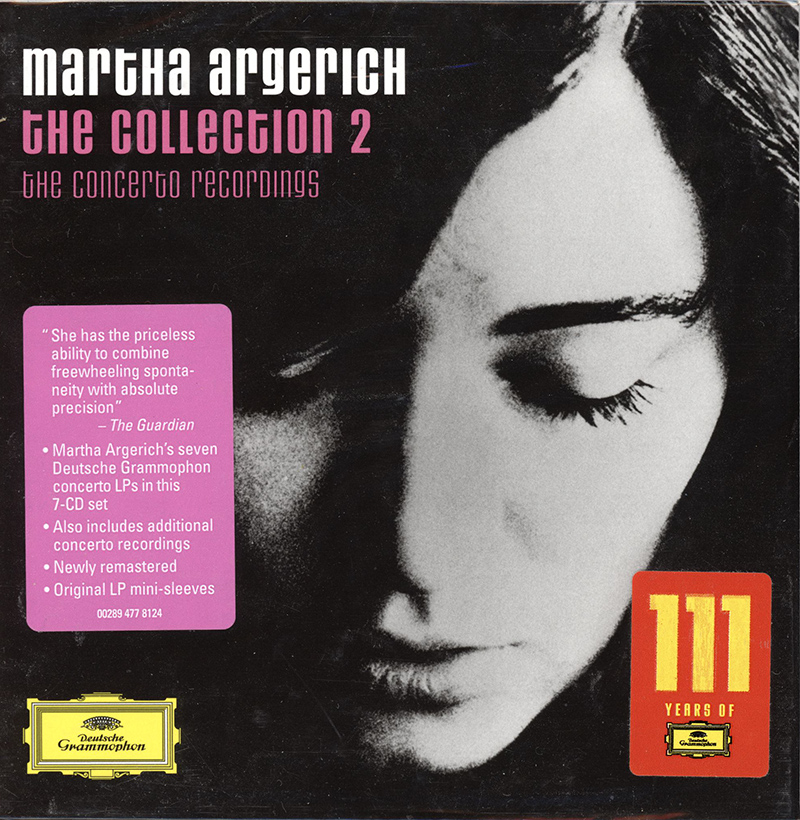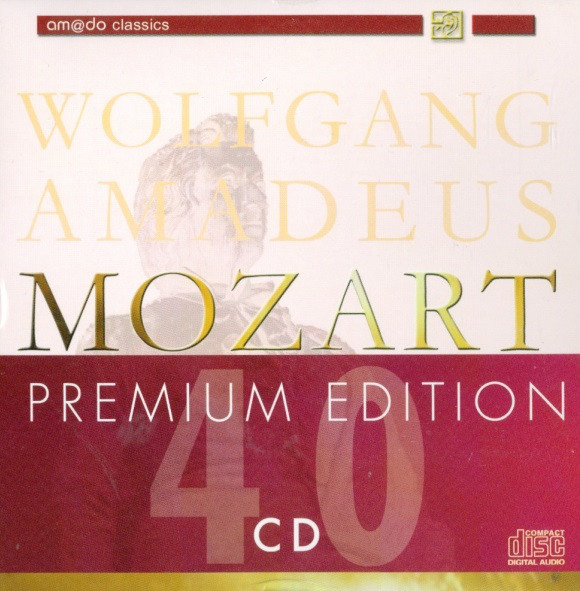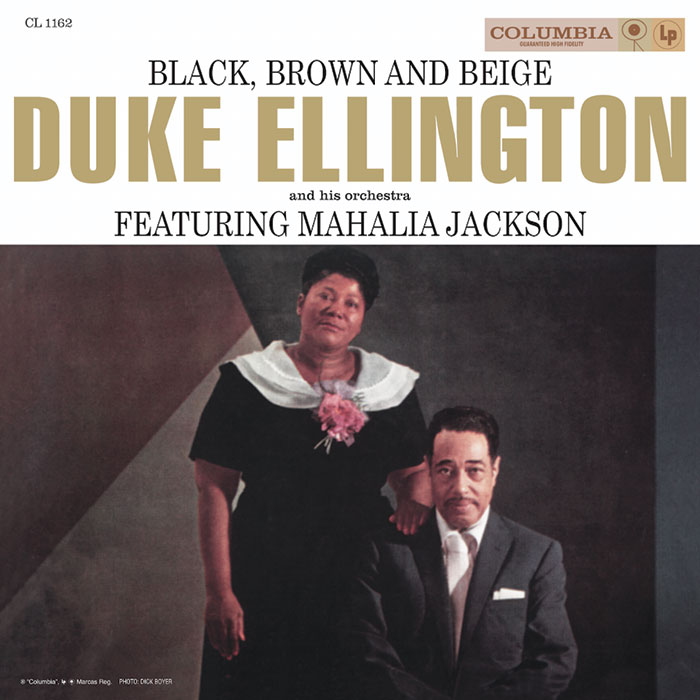Logowanie
KOLEKCJE!
BACH, CHOPIN, LISZT, MOZART, GRIEG, Dinu Lipatti, Otto Ackermann, Ernest Ansermet
The Master Pianist
PROKOFIEV, CHOPIN, TCHAIKOVSKY, SCHUMANN, BEETHOVEN, Martha Argerich, Claudio Abbado, Giuseppe Sinopoli
The Concerto Recordings
The Collection 2
Jakość LABORATORYJNA!
ORFF, Gundula Janowitz, Gerhard Stolze, Dietrich-Fischer Dieskau, Deutsche Oper Berlin, Eugen Jochum
Carmina Burana
ESOTERIC - NUMER JEDEN W ŚWIECIE AUDIOFILII I MELOMANÓW - SACD HYBR
Winylowy niezbędnik
ClearAudio
Essence MC
kumulacja zoptymalizowana: najlepsze z najważniejszych i najważniejsze z najlepszych cech przetworników Clearaudio
Direct-To-Disc
PIAZZOLLA, ChamberJam Europe
Tangos del Ángel y del Diablo
Direct-to-Disc ( D2D ) - Numbered Limited Edition
Mahalia Jackson, Duke Ellington and His Orchestra
Black, Brown and Beige
- Mahalia Jackson - vocal
- Duke Ellington and His Orchestra - orchestra
Duke Ellington and his orchestra are joined by gospel singer Mahalia Jackson for this jazz masterpiece. "Black, Brown, & Beige is Duke Ellington's musical representation of the African American experience in the United States. It is arguably The Maestro's greatest work. The triumph of telling so important a story so well through music alone makes Duke Ellington's Black, Brown, & Beige a masterpiece. Black, Brown, & Beige also displays Duke's, and Jazz's, highest achievement in long form. Whether you perceive it as a three movement symphony or accept Ellington's own personalized terminology "Tone Parallel," Black, Brown, & Beige matches conceptually and in artistic content the musical continuity of Western Classical's greatest names in their lengthiest works. "The history of Black, Brown, & Beige is in its own right momentous. Ellington premiered the work at Carnegie Hall on January 23, 1943, at Duke's first performance on that illustrious stage. "The Maestro has created the Come Sunday Suite. Duke Ellington basically reduced his three movement work to its first, "Black," elevating that movement's spiritual theme, "Come Sunday," making it the melody of the edited work. Truncating the symphony Black, Brown, & Beige into the song "Come Sunday" works because Duke Ellington has expanded "Come Sunday" through numerous theme and variations unknown to the original. The piece de resistance: a sacred text, by Duke himself, a text sung by the best known African-American religious singer in history, Mahalia Jackson. There is no doubt that it is the presence and performance of Mahalia Jackson which secures a home in the pantheon for this recasting of Black, Brown, & Beige, a work that already resided there. "And Duke Ellington pulled off this coup with one hand tied behind his back, or without the services of his right hand man. Overlooked over the years since the album Black, Brown, & Beige was recorded in February 1958 is the absence of Johnny Hodges (Hodges did a gig with Strayhorn in Florida during this period), the Ellington band's premier soloist…" —Phil Schaap January 1999 Musicians: Duke Ellington, piano Cat Anderson, trumpet Harold Baker, trumpet Clark Terry, trumpet Ray Nance, trumpet, violin Quentin Jackson, trumpet, violin John Sanders, trumpet, violin Britt Woodman, trombone Harry Carney, baritone saxophone Paul Gonsalves, tenor saxophone Bill Graham, alto saxophone Jimmy Hamilton, clarinet Russell Procope, clarinet, alto saxophone Jimmy Woode, bass Sam Woodyard, drums Mahalia Jackson, vocals
